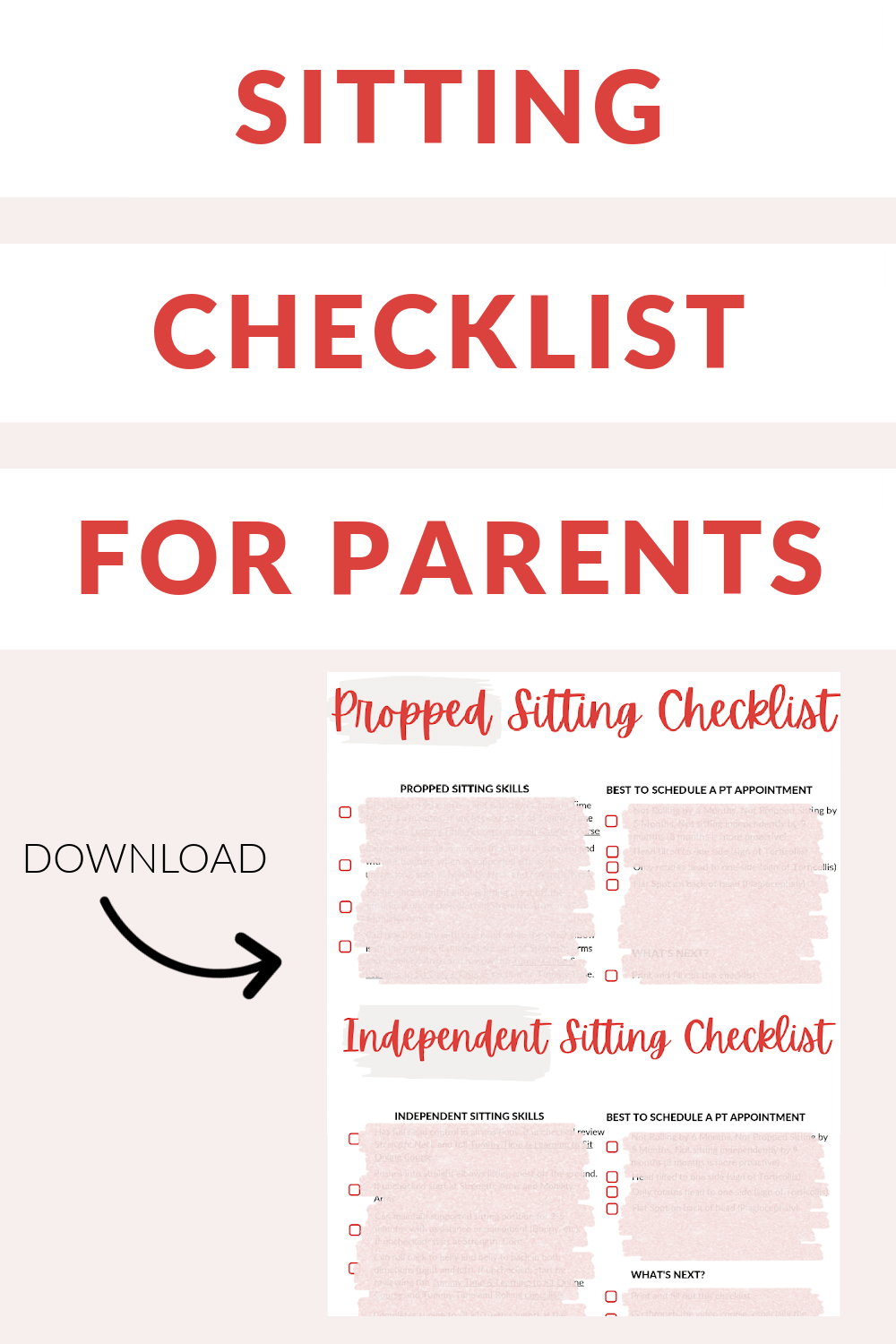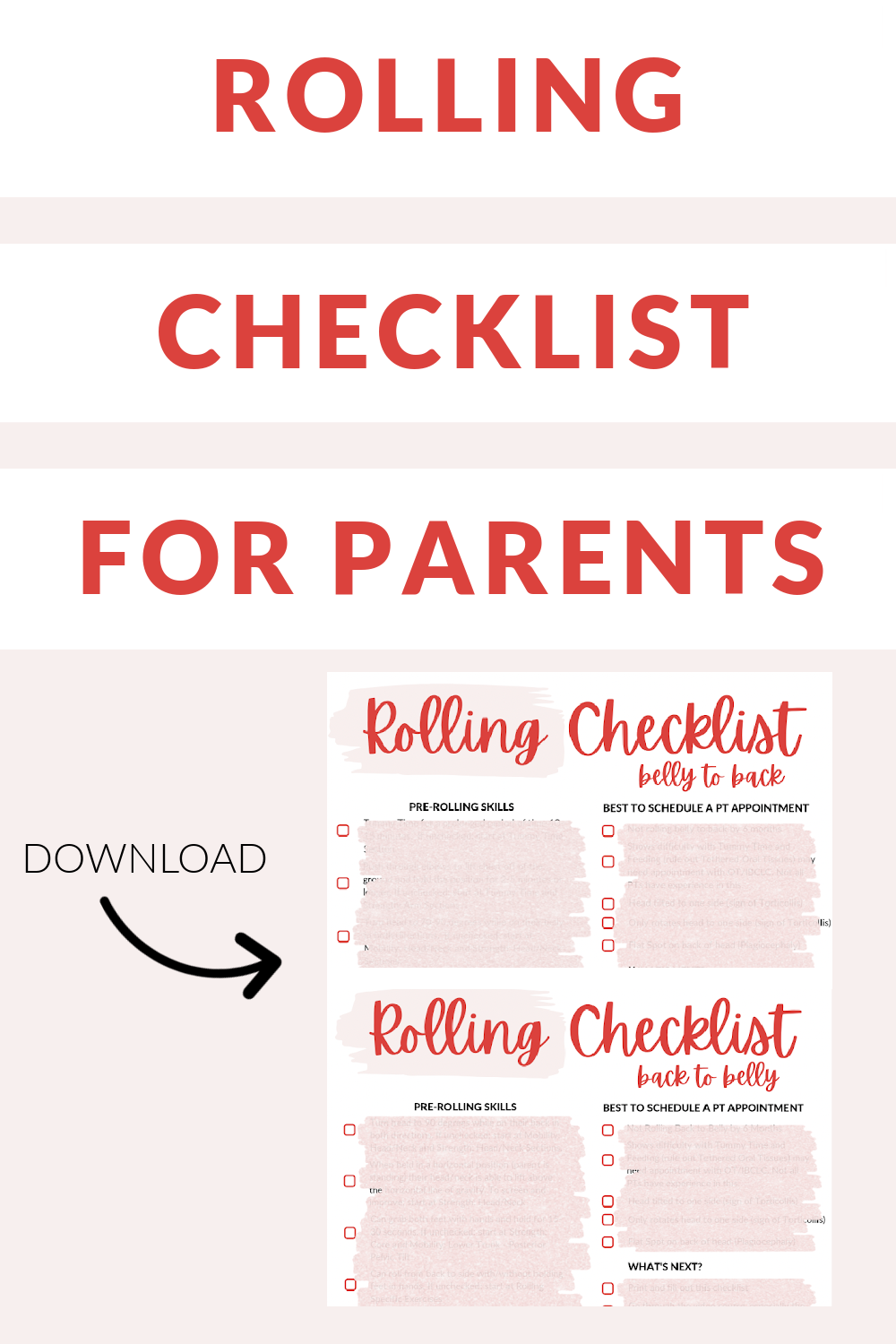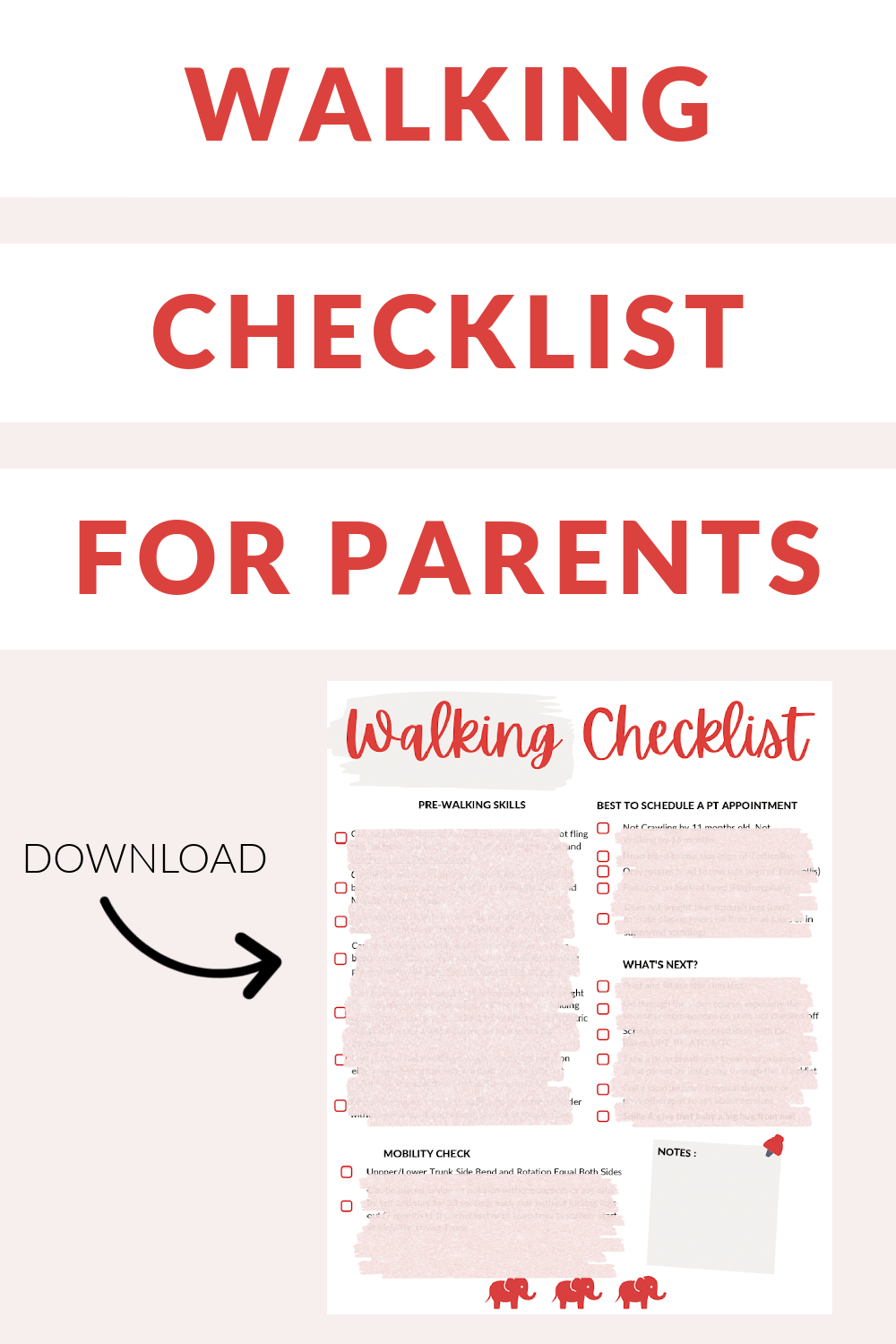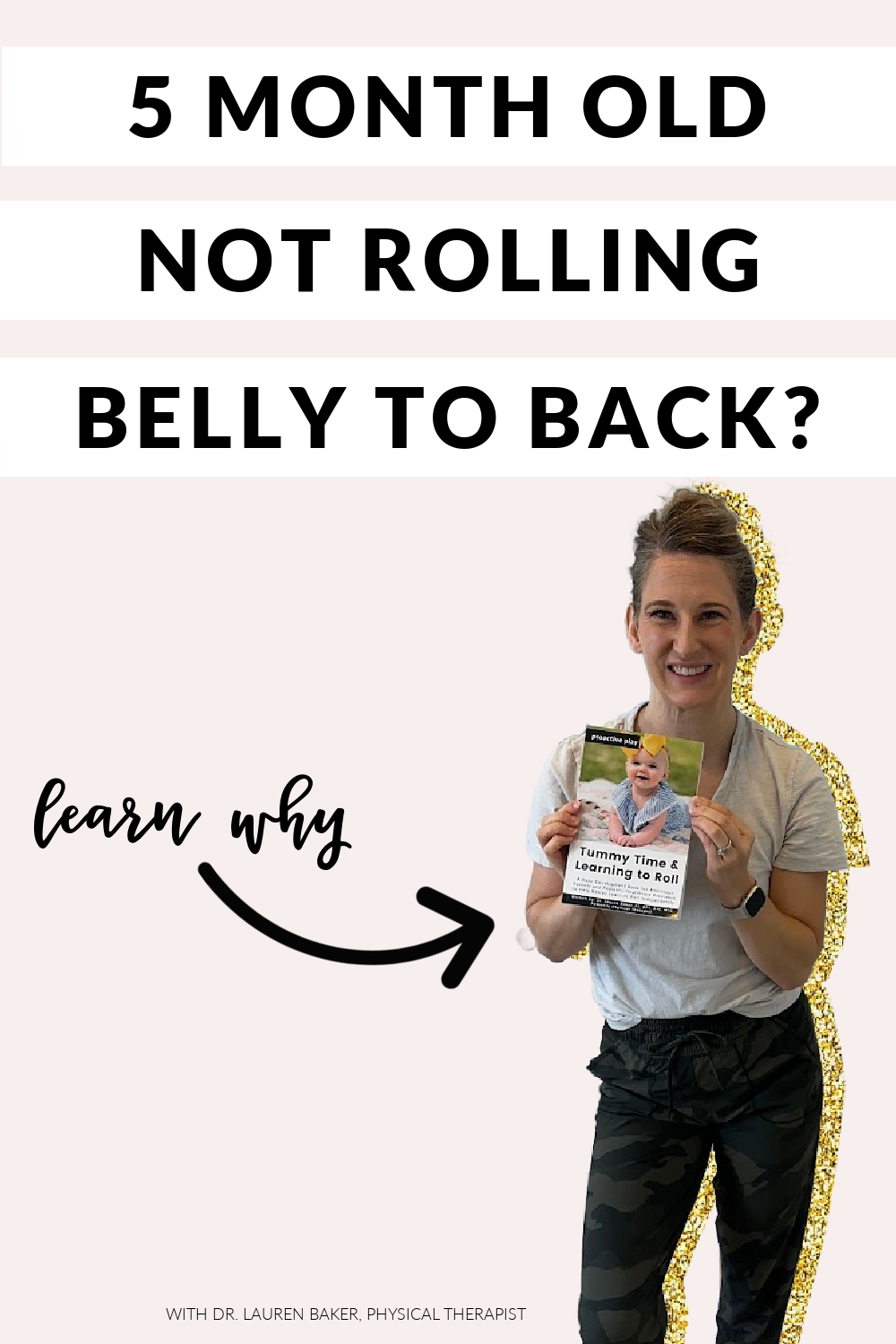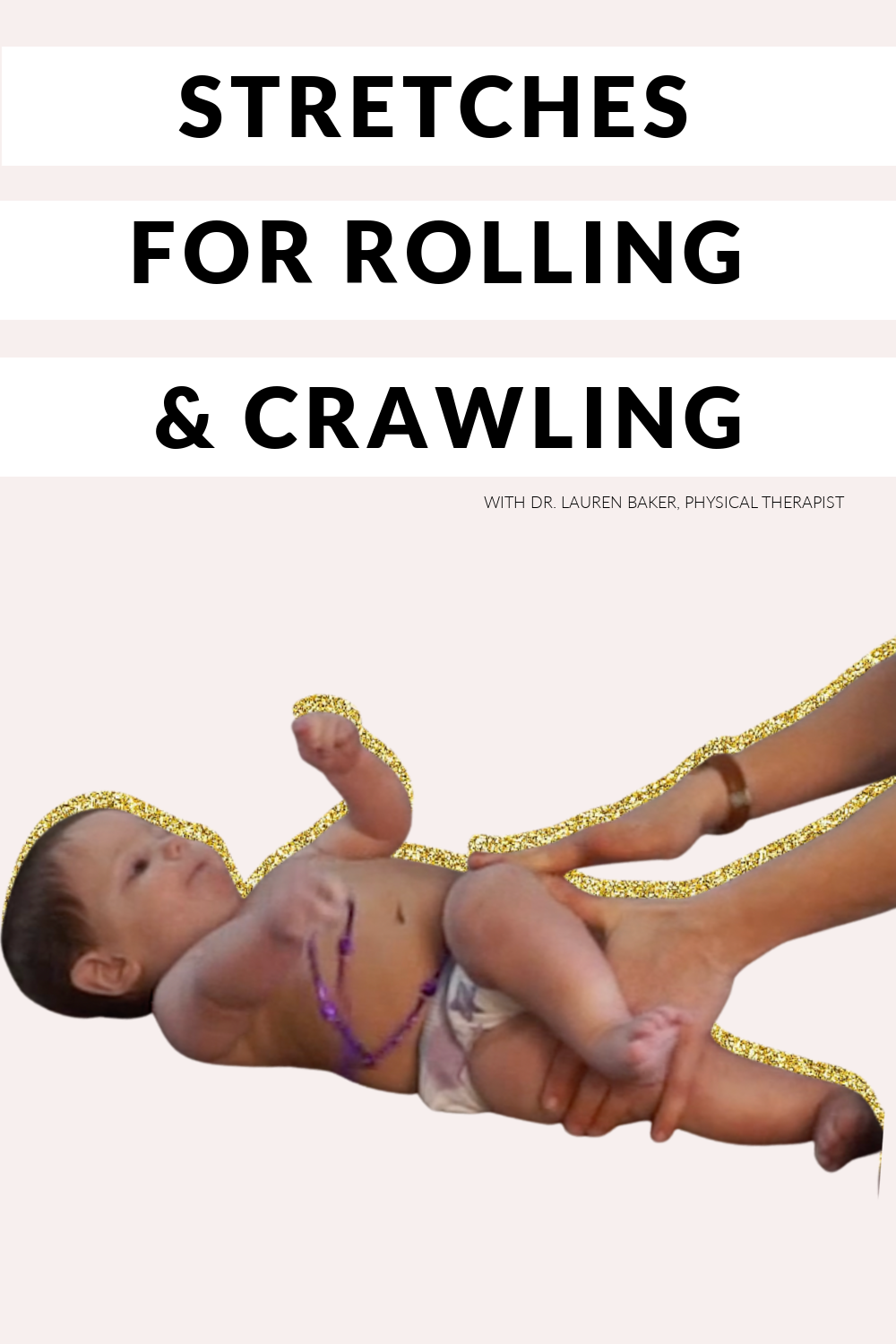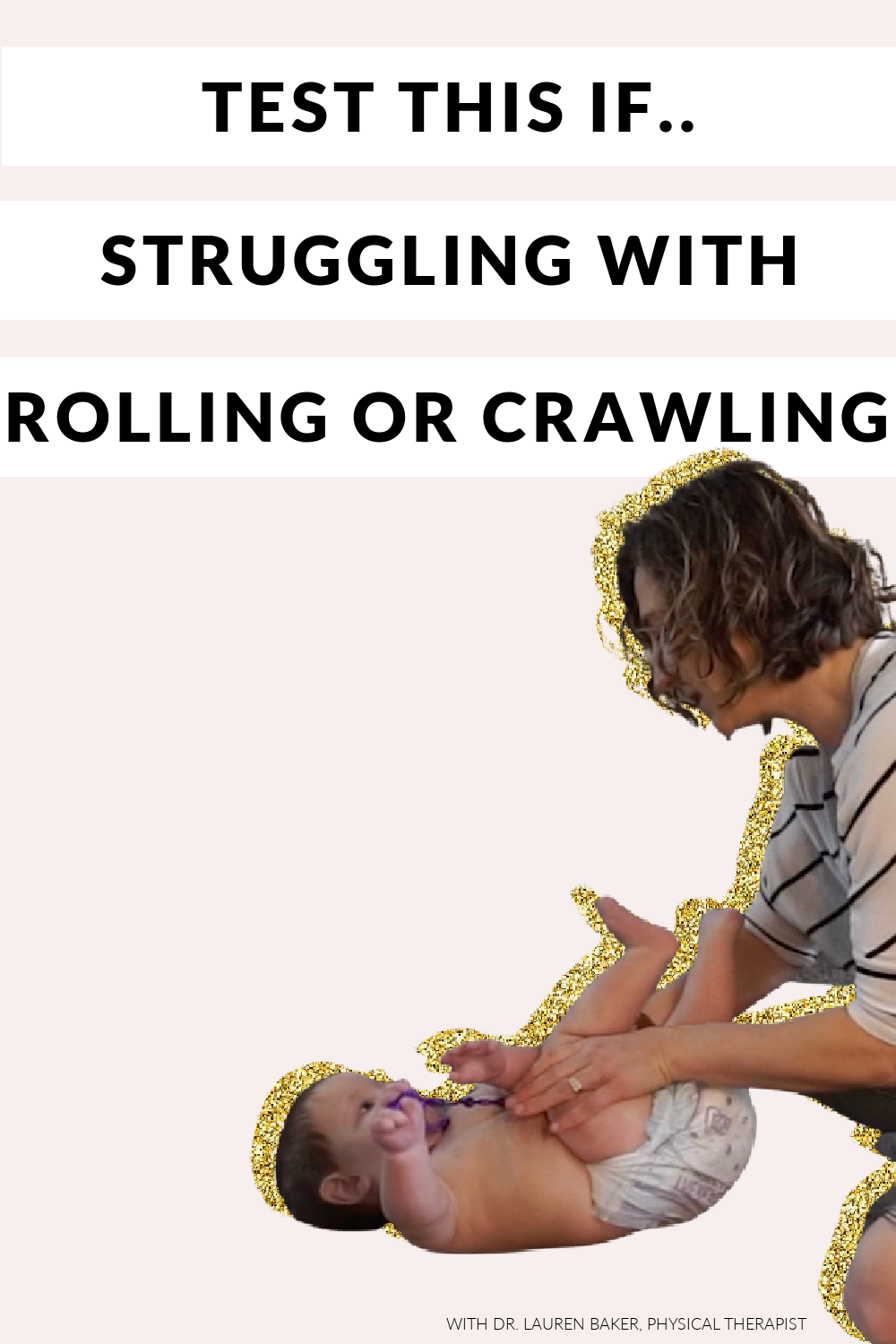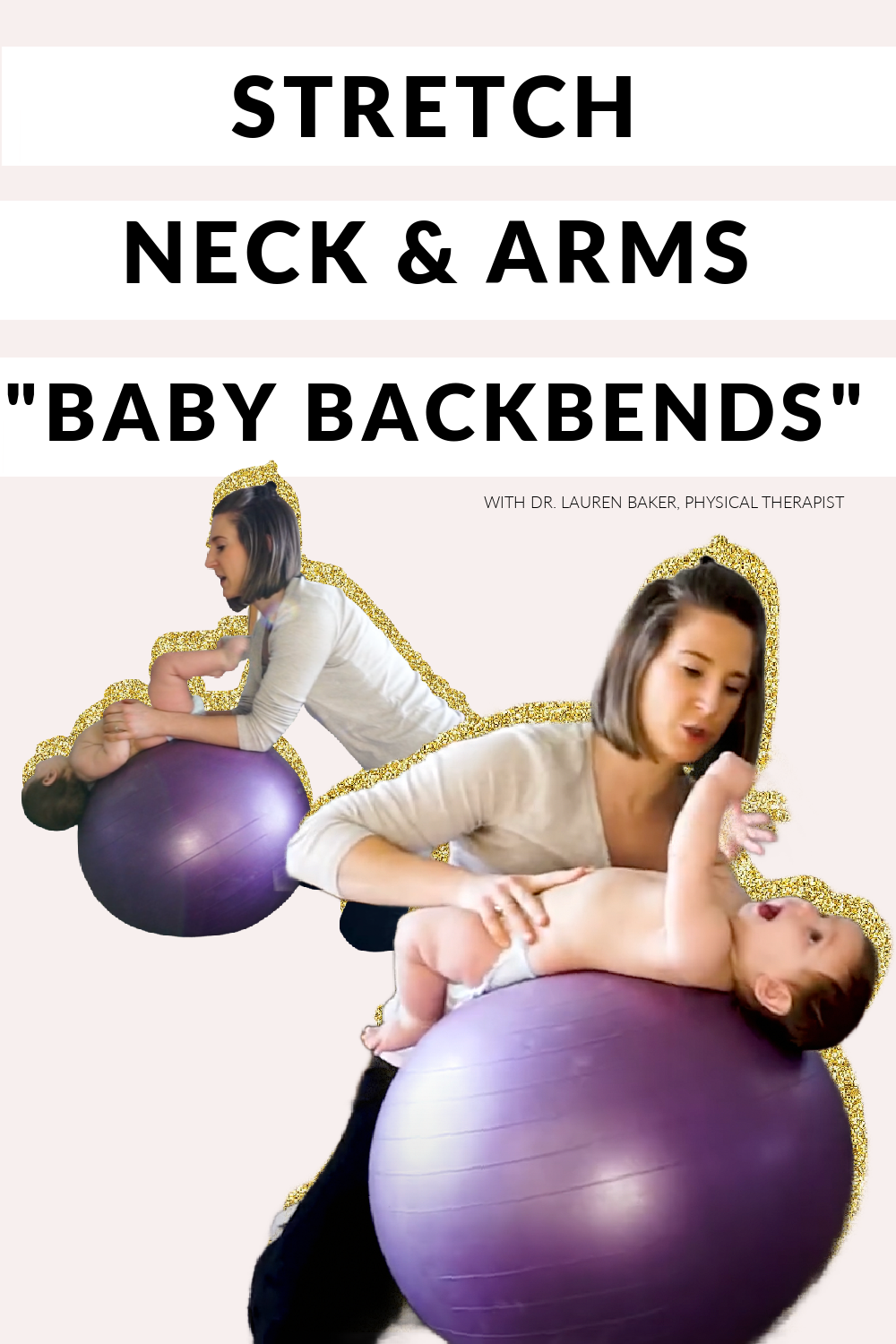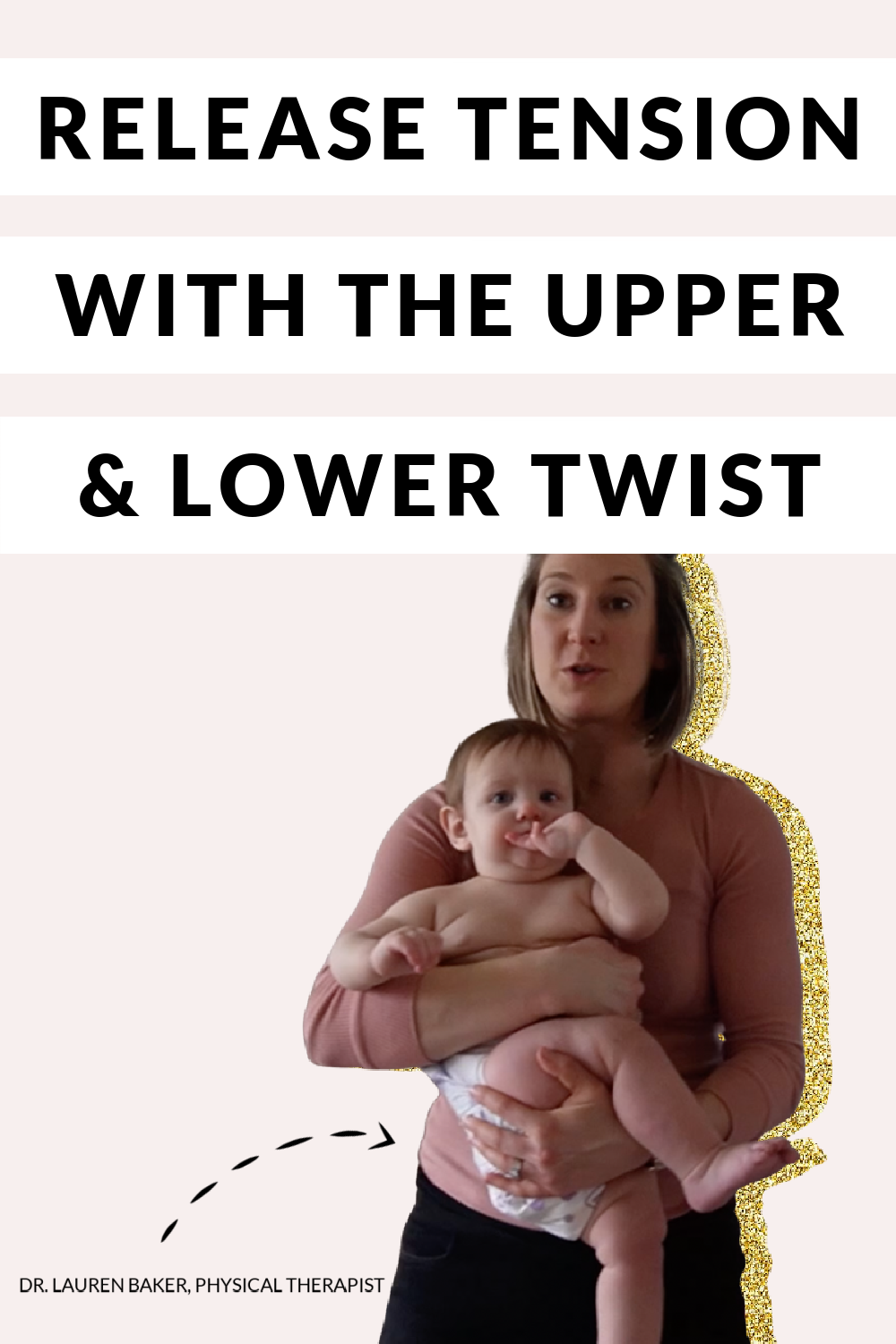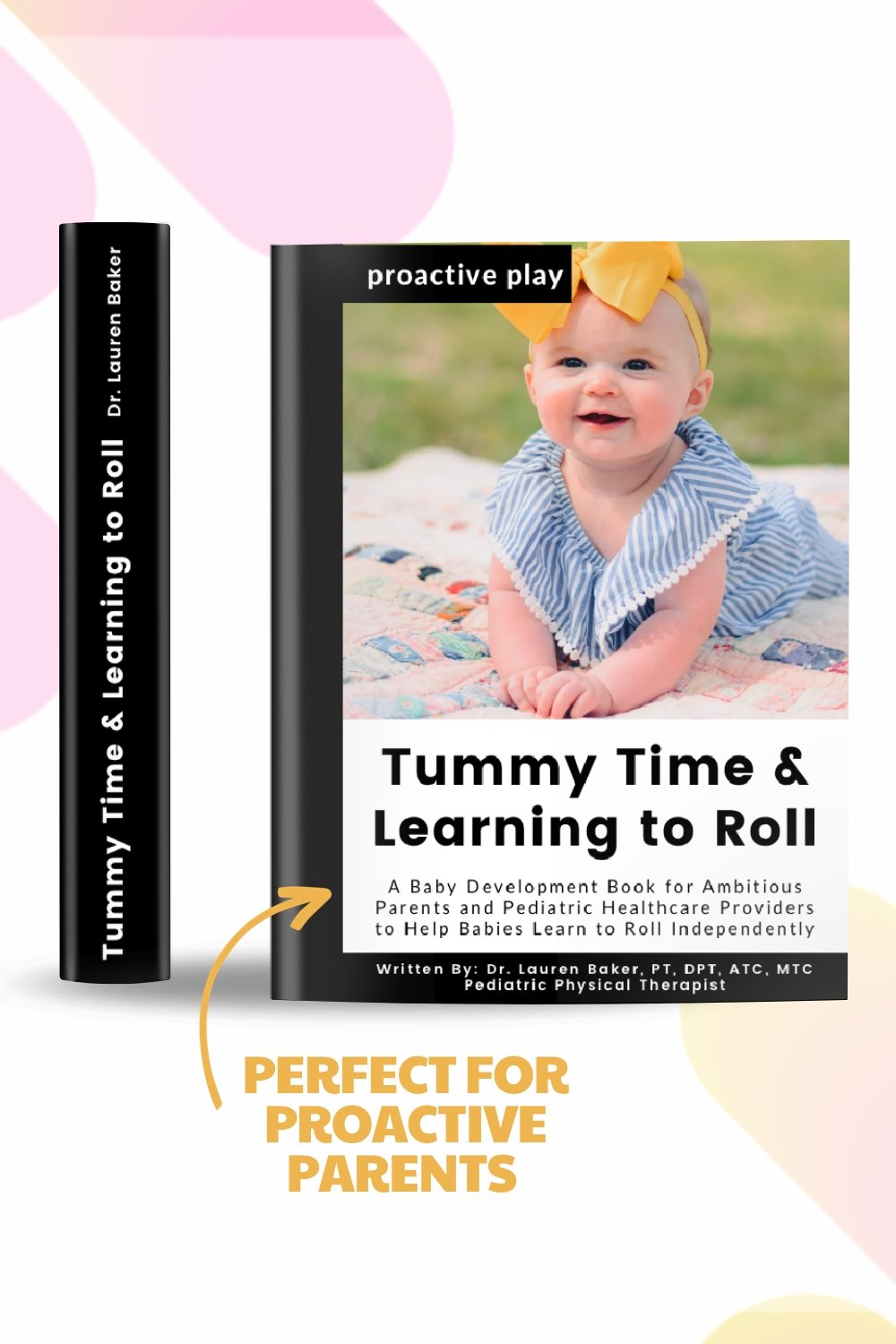Walking
this page contains affiliate links
Curious About Learning More on How To Teach Babies To Walk Without Support?
The absolute best resource for parents on helping their babies learn to walk with and without support is the free online course: Learning to Walk by Dr. Baker.
To gain immediate access to the online course, click the link above, submit your information, and the online course instructions will be emailed to you directly.
The free online video course is designed to help parents fully understand how to help their children walk with and without support and trouble shoot what building block of walking the child might not have mastered yet.
It comes with video examples of exercises, printable checklists to know exactly where your baby is at, and information on when to reach out for additional help.
This online course was created by Dr. Lauren Baker, PT, DPT, ATC, MTC, who is a Pediatric Physical Therapist in Boise, Idaho, trained in helping parents learn how to help their babies move and master their milestones.
She loves teaching parents how to see how their babies are moving as well as how to influence those movements though play positions and exercises to help babies move with confidence and ease.
It is meant to help ambitious parents understand baby development from 9-18 months (getting in/out of standing, cruising/walking with support to independent walking).
This online course breaks down each piece of movement in checklists so that parents know what their babies need for walking and it also covers a checklist to make sure babies have mastered crawling (otherwise, this could be a reason why walking is still a struggle!)
It also covers what areas might limit a child with walking, how to get in/out of standing, how to walk with and without support, and when to seek help from a pediatric PT.
This online course can help parents implement safe, strategic play-based exercises with their babies in 20 minutes per day.
A Great Resource For:
Parents and Pediatric Healthcare Providers of babies 9-18 months
Parents of babies who are struggling with getting in/out of standing or walking with/without support
Access to simple, easy-to-follow videos of play positions and exercises
Learning the four pillars of movement needed in order to master walking independently
8 Online Course Modules
Building Blocks of Walking
Walking Checklists + Shoe Guides
Getting Into Standing
Cruising and Walking With/Without Support
Strength Exercises
Mobility Exercises
Walking Specific Play Exercises
Next Steps: How to Prep for Jumping & Climbing
What If You Want Extra Help?
If you have concerns about your baby’s ability to pull into standing, cruise (walking while holding onto furniture), or walking independently without support, remember, you can always reach out to a pediatric physical therapist.
It's your right as a parent to advocate for your child's development. Sometimes, a few tips and tricks are all you need to get your baby moving better.
I’m here to support you and release those worries.
For those eager to learn more or seeking personalized guidance, I offer online video parent consultations internationally and Pediatric Physical Therapy in Boise, ID and the Treasure Valley – which you can learn more about by scheduling a free 20 minute chat with me (Idaho only) or an online parent consultation by clicking here.
I am dedicated to answering questions and providing tailored play activities for each unique developmental journey.
When Should A Child Receive Pediatric Physical Therapy?
Parents can call and schedule with a Pediatric Physical Therapist at any time, for any concern in all fifty states without a referral from their Pediatrician.
Pediatric Physical Therapy is medically indicated in all babies who are not walking on their own without support by 18 months. Proactive Pediatric Physical Therapy recommend if a child is not walking on their own by 16 months.
Pediatric Physical Therapy is medically indicated if you notice a flat spot on the back of an infants head (possible plagiocephaly), a tilt of their head consistently to one side (ear to shoulder - possible torticollis), or a rotation preference of their neck (consistently look only to the right or left - possible torticollis).
Flat spots can be due to in-utero positioning, rotational preference (right sided flatness most common) and babies are at an increased risk for flatness if they are male, were breech, multiple birth, premature, have difficulty with tummy time, or are in containers > 2 hr/day. Flat spots can only be treated up until 18 months and success decreases after the age of 12 months.
Jumping
Approximately 6 months after walking independently, children will begin showing signs of attempting to jump on their own.
Once a child is 2-2.5 years old, they are typically able to jump forward 4-23 inches.
If a child is 2.5 years old and have been walking for > 6 months and they are not yet showing signs of jumping (up, down, and forward), there may be strength, power, or coordination skills that they need help acquiring.
One of my favorite ways to work on building lower leg strength and endurance is the toddler squat which can be done supported or having them do it on their own.
What If You Want Extra Help?
If you have concerns about your child’s ability to jump up, down, or forward with/without support, remember, you can always reach out to a pediatric physical therapist.
It's your right as a parent to advocate for your child's development. Sometimes, a few tips and tricks are all you need to get your child moving and more confident in their coordination.
I’m here to support you and release those worries.
For those eager to learn more or seeking personalized guidance, I offer online video parent consultations internationally and Pediatric Physical Therapy in Boise, ID and the Treasure Valley – which you can learn more about by scheduling a free 20 minute chat with me (Idaho only) or an online parent consultation by clicking here.
When Should A Child Receive Pediatric Physical Therapy?
Parents can call and schedule with a Pediatric Physical Therapist at any time, for any concern in all fifty states without a referral from their Pediatrician.
Pediatric Physical Therapy is medically indicated in children who are showing significant signs of struggle with jumping at 2.5 years, are not jumping forward 4 inches by 3 years, not jumping down from a 12 inch height and landing with both feet at the same time by 3 years, or not jumping 1-2 inches off the ground by 3 years.
Stairs
Climbing skills begin as babies, when they crawl over objects on the floor and get on/off of elevated surfaces such as play equipment or a couch/chair.
Babies who skip crawling are at risk for having difficulty with climbing up and down stairs as they did not have the hip, leg, and core strengthening opportunities of their crawling peers.
Children who always lead with one foot when going up the stairs and with the other foot when going down stairs are potentially showing signs that one side of their body is stronger or more balanced than the other.
For example, if a child uses their right leg when going up the stairs and their left leg going down the stairs, their right leg is potentially stronger than their left leg. If they can do the opposite direction when prompted, there is less concern, but if they refuse or cannot without assistance, the left leg may be weaker than the right.
Children should be able to walk up stairs without holding on by 2.5 years (either with one foot or two feet on a step).
Typically, children should be able to walk up with either leg when prompted using one foot on each step by 3-3.75 years of age.
If a child is struggling with stepping up with one leg but not the other, try this activity to increase strength and confidence in the leg they tend to avoid using.
What If You Want Extra Help?
If you have concerns about your child’s ability to climb up or down stairs with/without support, remember, you can always reach out to a pediatric physical therapist.
It's your right as a parent to advocate for your child's development. Sometimes, a few tips and tricks are all you need to get your child moving and more confident in their coordination.
I’m here to support you and release those worries.
For those eager to learn more or seeking personalized guidance, I offer online video parent consultations internationally and Pediatric Physical Therapy in Boise, ID and the Treasure Valley – which you can learn more about by scheduling a free 20 minute chat with me (Idaho only) or an online parent consultation by clicking here.
When Should A Child Receive Pediatric Physical Therapy?
Parents can call and schedule with a Pediatric Physical Therapist at any time, for any concern in all fifty states without a referral from their Pediatrician.
Pediatric Physical Therapy is medically indicated in children who are showing significant signs of struggle with stairs at 2 years, are not going up/down stairs with support using both legs by 2.5 years (either with one foot or two feet on a step), not walking up stairs with one foot on each step without support by 3 years, or not walking down stairs with one foot on each step without support by 4 years of age.
Throwing & Catching
If a child is having difficulty with throwing/catching, it could be due to difficulty with coordinating their eyeballs!
When a ball comes toward a child, their eyeballs need to come together in order for them to accurately catch a ball.
If you notice a child closing their eyes as the ball comes toward them, they do not yet have the coordination of their eyeballs coming together, so they close their eyes instead.
This decreases their accuracy and often the ball will bounce off their chest or arms instead of them catching it.
try this activity with your child to train their eyeballs (kids love it! and you can even have them do it to you too!).
What If You Want Extra Help?
If you have concerns about your child’s ability to throw a ball overhand, underhand, or catch a ball, remember, you can always reach out to a pediatric physical therapist.
It's your right as a parent to advocate for your child's development. Sometimes, a few tips and tricks are all you need to get your child moving and more confident in their coordination.
I’m here to support you and release those worries.
For those eager to learn more or seeking personalized guidance, I offer online video parent consultations internationally and Pediatric Physical Therapy in Boise, ID and the Treasure Valley – which you can learn more about by scheduling a free 20 minute chat with me (Idaho only) or an online parent consultation by clicking here.
I am dedicated to answering questions and providing tailored play activities for each unique developmental journey.
When Should A Child Receive Pediatric Physical Therapy?
Parents can call and schedule with a Pediatric Physical Therapist at any time, for any concern in all fifty states without a referral from their Pediatrician.
Pediatric Physical Therapy is medically indicated in children who are not throwing/catching by 3-4 years old.
Crawling
this page contains affiliate links
Curious About Learning More on How To Teach Babies Crawl?
The absolute best resource for parents on helping their babies learn to crawl is the free online course: Learning to Crawl by Dr. Baker.
To gain immediate access to the online course, click the link above, submit your information, and the online course instructions will be emailed to you directly.
The free online video course is designed to help parents fully understand how to help their children crawl on hands and knees and trouble shoot what building block of crawling the child might not have mastered yet.
It comes with video examples of exercises, printable checklists to know exactly where your baby is at, and information on when to reach out for additional help.
This online course was created by Dr. Lauren Baker, PT, DPT, ATC, MTC, who is a Pediatric Physical Therapist in Boise, Idaho, trained in helping parents learn how to help their babies move and master their milestones.
She loves teaching parents how to see how their babies are moving as well as how to influence those movements though play positions and exercises to help babies move with confidence and ease.
It is meant to help ambitious parents understand baby development from 9-11 months (getting in/out of all fours to independent crawling).
This online course breaks down each piece of movement in checklists so that parents know what their babies need for crawling and it also covers a checklist to make sure babies have mastered rolling and sitting (otherwise, this could be a reason why sitting is still a struggle!)
It also covers what areas might limit a child with crawling, examples of disadvantageous ways babies might crawl, why hands/knees crawling is best, and when to seek help from a pediatric PT.
This online course can help parents implement safe, strategic play-based exercises with their babies in 20 minutes per day.
A Great Resource For:
Parents and Pediatric Healthcare Providers of babies 7-11 months
Parents of babies who are struggling with getting in/out of all fours or hands/knees crawling
Access to simple, easy-to-follow videos of play positions and exercises
Learning the four pillars of movement needed in order to master crawling
8 Online Course Modules
Building Blocks of Crawling
Crawling Checklists
Getting Into All Fours
Asymmetrical Crawling Patterns
Strength Exercises
Mobility Exercises
Crawling Specific Play Exercises
Next Steps: How to Prep for Walking
What If You Want Extra Help?
If you have concerns about your baby’s ability to tolerate an all fours position, have what they need to master crawling on hands/knees, or if they are not getting into all fours by themselves and are over 11 months, remember, you can always reach out to a pediatric physical therapist.
It's your right as a parent to advocate for your child's development. Sometimes, a few tips and tricks are all you need to get your baby moving better.
I’m here to support you and release those worries.
For those eager to learn more or seeking personalized guidance, I offer online video parent consultations internationally and Pediatric Physical Therapy in Boise, ID and the Treasure Valley – which you can learn more about by scheduling a free 20 minute chat with me (Idaho only) or an online parent consultation by clicking here.
I am dedicated to answering questions and providing tailored play activities for each unique developmental journey.
When Should Babies Receive Pediatric Physical Therapy?
Parents can call and schedule with a Pediatric Physical Therapist at any time, for any concern in all fifty states without a referral from their Pediatrician.
Pediatric Physical Therapy is medically indicated in all babies who are not crawling on hands/knees on their own by 11 months. Proactive Pediatric Physical Therapy recommend if a child is not crawling on their own by 10 months.
Pediatric Physical Therapy is medically indicated if you notice a flat spot on the back of an infants head (possible plagiocephaly), a tilt of their head consistently to one side (ear to shoulder - possible torticollis), or a rotation preference of their neck (consistently look only to the right or left - possible torticollis).
Flat spots can be due to in-utero positioning, rotational preference (right sided flatness most common) and babies are at an increased risk for flatness if they are male, were breech, multiple birth, premature, have difficulty with tummy time, or are in containers > 2 hr/day.
Sitting: with & without support
this page contains affiliate links
Curious About Learning More on How To Teach Babies To Sit On Their Own?
The absolute best resource for parents on helping their babies learn to sit is the free online course: Learning to Sit by Dr. Baker.
To gain immediate access to the online course, click the link above, submit your information, and the online course instructions will be emailed to you directly.
The free online video course is designed to help parents fully understand how to help their children sit independently and trouble shoot what building block of sitting the child might not have mastered yet.
It comes with video examples of exercises, printable checklists to know exactly where your baby is at, and information on when to reach out for additional help.
This online course was created by Dr. Lauren Baker, PT, DPT, ATC, MTC, who is a Pediatric Physical Therapist in Boise, Idaho, trained in helping parents learn how to help their babies move and master their milestones.
She loves teaching parents how to see how their babies are moving as well as how to influence those movements though play positions and exercises to help babies move with confidence and ease.
It is meant to help ambitious parents understand baby development from 4-9 months (propped to independent sitting).
This online course breaks down each piece of movement in checklists so that parents know what their babies need for sitting and it also covers a checklist to make sure babies have mastered rolling in all directions (otherwise, this could be a reason why sitting is still a struggle!)
It also covers what areas might limit a child with sitting, why it is so important, and when to seek help from a pediatric PT.
This online course can help parents implement safe, strategic play-based exercises with their babies in 20 minutes per day.
A Great Resource For:
Parents and Pediatric Healthcare Providers of babies 4-9 months
Parents of babies who are struggling with sitting with or without support
Access to simple, easy-to-follow videos of play positions and exercises
Learning the four pillars of movement needed in order to master sitting
8 Online Course Modules
Building Blocks of Sitting
Sitting Checklists
Propped Sitting/Sitting with Support
Independent Sitting
Strength Exercises
Mobility Exercises
Sitting Specific Play Exercises
Next Steps: How to Prep for Crawling
What If You Want Extra Help?
If you have concerns about your baby’s ability to tolerate a sitting position, have what they need to master sitting without support, or if they are not sitting by themselves and are over nine months, remember, you can always reach out to a pediatric physical therapist.
It's your right as a parent to advocate for your child's development. Sometimes, a few tips and tricks are all you need to get your baby moving better.
I’m here to support you and release those worries.
For those eager to learn more or seeking personalized guidance, I offer online video parent consultations internationally and Pediatric Physical Therapy in Boise, ID and the Treasure Valley – which you can learn more about by scheduling a free 20 minute chat with me (Idaho only) or an online parent consultation by clicking here.
I am dedicated to answering questions and providing tailored play activities for each unique developmental journey.
When Should Babies Receive Pediatric Physical Therapy?
Parents can call and schedule with a Pediatric Physical Therapist at any time, for any concern in all fifty states without a referral from their Pediatrician.
Pediatric Physical Therapy is medically indicated in all babies who are not sitting on their own, without support or their hands by nine months. Proactive Pediatric Physical Therapy recommend if a child is not sitting on their own by 8 months.
Pediatric Physical Therapy is medically indicated if you notice a flat spot on the back of an infants head (possible plagiocephaly), a tilt of their head consistently to one side (ear to shoulder - possible torticollis), or a rotation preference of their neck (consistently look only to the right or left - possible torticollis).
Flat spots can be due to in-utero positioning, rotational preference (right sided flatness most common) and babies are at an increased risk for flatness if they are male, were breech, multiple birth, premature, have difficulty with tummy time, or are in containers > 2 hr/day.
Tummy Time & Rolling
this page contains affiliate links
not in the US? click here to be taken to amazon pages for all countries.
Curious About Learning More on Tummy Time, Rolling, or Both?
The absolute best book for parents on tummy time and rolling is: Tummy Time and Learning to Roll: A Baby Development Book for Ambitious Parents and Pediatric Healthcare Providers to Help Babies Learn to Roll Independently.
The book comes with a free online video course to help parents fully understand how to complete the different exercises, printable checklists to know exactly where your baby is at, and when to reach out for additional help.
This book was written by Dr. Lauren Baker, PT, DPT, ATC, MTC, who is a Pediatric Physical Therapist in Boise, Idaho, trained in helping parents learn how to help their babies move and master their milestones.
She loves teaching parents how to see how their babies are moving as well as how to influence those movements though play positions and exercises to help babies move with confidence and ease.
Tummy Time and Learning to Roll is the first book in the Proactive Play series written by Pediatric Physical Therapist Dr. Lauren Baker in order to help Ambitious Parents and Pediatric Healthcare Providers learn how to help babies master tummy time and learn to roll.
It is meant to help ambitious parents understand baby development from birth to six months (tummy time to rolling).
This book is a mix of easy-to-follow and more in-depth information than is typically found in baby development books because Dr. Baker believes parents deserve to have all the information at their fingertips.
This book breaks down each piece of movement in checklists so that parents know what their babies need for tummy time and rolling.
It also covers what areas might limit a child with rolling, why it is so important, and when to seek help from a pediatric PT.
This book comes with colored photos and easy-to-follow demonstration videos that can help parents implement safe, strategic play-based exercises with their babies in 20 minutes per day.
A Great Resource For:
Parents and Pediatric Healthcare Providers of babies 0-6 months
Parents of babies who are struggling with tummy time, rolling back to belly, belly to back, or only to one side
Access to simple, easy-to-follow videos of play positions and exercises
Learning the four pillars of movement needed in order to master rolling
240+ Color Photo Examples of:
Tummy Time, Sidelying, and Back Play
Developmental Toys and Equipment
Hand Placement and Strategic Play Positions
Common Areas of Restriction or Weakness
When To Reach Out For Help
International Book Links
*please note at this time the book is available only in English; however, there are photos located in the book and the free video course allows users to utilize youtube generated captions if your country’s language is available.
Netherlands: paperback / kindle
Poland: paperback only
Sweden: paperback only
Australia: kindle only
Japan: kindle only
Brazil: kindle only
Mexico: kindle only
India: kindle only
What If You Want Extra Help?
If you have concerns about your baby’s ability to tolerate tummy time, have what they need to master rolling, or if they are not rolling and are over six months, remember, you can always reach out to a pediatric physical therapist.
It's your right as a parent to advocate for your child's development. Sometimes, a few tips and tricks are all you need to get your baby moving better.
I’m here to support you and release those worries.
For those eager to learn more or seeking personalized guidance, I offer online video parent consultations internationally and Pediatric Physical Therapy in Boise, ID and the Treasure Valley – which you can learn more about by scheduling a free 20 minute chat with me (Idaho only) or an online parent consultation by clicking here.
I am dedicated to answering questions and providing tailored play activities for each unique developmental journey.
When Should Babies Receive Pediatric Physical Therapy?
Parents can call and schedule with a Pediatric Physical Therapist at any time, for any concern in all fifty states without a referral from their Pediatrician.
Pediatric Physical Therapy is medically indicated in all babies who are not rolling in all four directions by six months (back to belly over their right arm AND left arm + belly to back over their right arm AND left arm).
Pediatric Physical Therapy is medically indicated if you notice a flat spot on the back of an infants head (possible plagiocephaly), a tilt of their head consistently to one side (ear to shoulder - possible torticollis), or a rotation preference of their neck (consistently look only to the right or left - possible torticollis).
Many Pediatric Physical Therapists including Dr. Baker, can successfully treat flat spots (Plagiocephaly) without a helmet with a combination of therapy and positioning strategies if seen prior to 4 months (0-3 months is ideal). Dr. Baker uses the Baby Begin Method of repositioning.
Flat spots can be due to in-utero positioning, rotational preference (right sided flatness most common) and babies are at an increased risk for flatness if they are male, were breech, multiple birth, premature, have difficulty with tummy time, or are in containers > 2 hr/day.
In Home Pediatric Physical Therapy Near Me
We know finding a good pediatric physical therapist to come to your home is more difficult than it should be. We want you to feel comfortable getting the care and education you and your child need, in the most convenient way possible. Yes, that means we’re cool with you drinking your morning coffee in your pj’s while we see your kiddo.
To make that as easy as possible, we’ve curated a list of In Home Pediatric Physical Therapy near you. The list has been vetted to only include people we’d want in our own home for a bbq or birthday party.
If you’d like to learn more about any specific Physical Therapist on this list, check out to see if they have done an interview with Dr. Lauren Baker, on her youtube channel.
If you cannot find a therapist in your area, email us and we will reach out to our network of Pediatric PTs to see if we can connect you with one (and then add them to our list).
*if there is not an in home pediatric PT in your area, see this post for my recommended clinic based therapists (some may do in home therapy as well!).
United States: Alabama | Alaska | Arizona | Arkansas | California | Colorado | Connecticut | Delaware | Florida | Georgia | Hawaii | Idaho | Illinois | Indiana | Iowa | Kansas | Kentucky | Louisiana | Maine | Maryland | Massachusetts | Michigan | Minnesota | Mississippi | Missouri | Montana | Nebraska | Nevada | New Hampshire | New Jersey | New Mexico | New York | North Carolina | North Dakota | Ohio | Oklahoma | Oregon | Pennsylvania | Rhode Island | South Carolina | South Dakota | Tennessee | Texas | Utah | Vermont | Virginia | Washington DC | Washington | West Virginia | Wisconsin | Wyoming
Alabama
Birmingham, AL — Dr. Katie Dougherty, PT, DPT, CLT — Physio Baby Therapy and Wellness
Arizona
East Valley Phoenix, AZ — Dr. Bonnie Soto, PT, DPT — Be Well Bebé
East Valley Phoenix, AZ — Dr. Amanda Dudek, PT, DPT, ATC — PT Mama
Gilbert, AZ — Dr. Tirsa Baker, PT, DPT - Renewed Play Physical Therapy — interview link
Scottsdale and Phoenix, AZ — Dr. Erin Dinnie, PT, DPT, COMT - Moving Together Physical Therapy — interview link
Scottsdale and North Phoenix, AZ — Dr. Stephanie Murillo, PT, DPT — email via Stephaniemurillopt@gmail.com
Scottsdale and Phoenix, AZ — Dr. Nikki Robinett, PT, DPT— Moving and Grooving Physical Therapy
California
Encinitas, CA — Michelle Schiewe — Ohana Physical Therapy
Livermore, CA — Dr. Rhea Schmidt, PT, DPT — Grow Well Physical Therapy — interview link
North Los Angelos, CA — Dr. Judy. J. Wang, PT, DPT, PCS — Lil Peanuts Physical Therapy
San Fernando Valley (Los Angelos), CA — Shlomit Bercovich, MPT — Mobile Pediatric Physical Therapy by Shlomit
Orange County, CA — Dr. Taylor Henderson, PT, DPT — BloomWell Pediatric and Perinatal Physical Therapy
North County San Diego, CA — Dr. Hope Reyes, PT, DPT - Moving Munchkins Physical Therapy
San Diego County, CA — Dr. Alicia Coffroth, PT, DPT & Team — Abilities Pediatric Physical Therapy
Tulare County & Visalia , CA — Dr. Lynzie Asuncion, PT, DPT — More About You Pediatric Physical Therapy and Wellness
Whittier, CA — Dr. Hazel M. Legaspi, PT, DPT — Dr. Legaspi Synergy Physical Therapy
Colorado
Denver, CO — Dr. Brita DeStefano PT, DPT, PCS - Progress Through Play — interview link
Connecticut
Fairfield/New Haven County, CT — Dr. Marcy Fernandes, DPT — Benchmark Pediatrics (PT, OT, SLP)
Shoreline, CT — Dr. Kali Penders, DPT — Costal Kids Physical Therapy (SLP, OT, PT)
Florida
Fort Lauderdale, FL — Dr. Alicia Teeters, PT, DPT — Leap Pediatric Therapy and Sports Medicine
Jacksonville, FL — Dr. Beverly I Reyes PT, DPT, DMI cert — The Sensory DPT PLLC
Jacksonville, FL — Dr. Erin Whitmarsh PT, DPT, PCS — Grow Strong Physical Therapy
Miami, FL — Dr. Brittany Aquart, PT, DPT, PCS — Lemon City Collective
Ocala, FL — Tricia Rogers Steffy, PT — Pivot Rehab LLC (email)
Space Coast or Brevard County, FL — Rachel Williams, PT — Sandy Toes Pediatric Physical Therapy
Weston, FL — Dr. Lindsey Bragg, PT, DPT — Jump Start Physical Therapy and Training
Georgia
Atlanta, GA — Jagruti Hambir, PT, MHS, CIMI — Babies and Beyond Physical Therapy
Atlanta, GA — Dr. Haley McDonald, PT, DPT, PCS — Pathway Pediatric Therapy
Atlanta, GA — Dr. Brittany Zis PT, DPT — Mother and Baby Wellness Collective
South Atlanta, GA — Dr. Kim Baugh, PT, DPT — Babies First, LLC
Idaho
Boise, ID — Dr. Lauren Baker, PT, DPT, ATC, MTC - Dr. Lauren Baker In Home Pediatric Physical Therapy
Indiana
Indianapolis, IN — Dr. Kelsey Keefer, PT, DPT — Kidtensive PT
Iowa
Des Moines, IA — Dr. Katherine Connor, DPT — Hatch Physical Therapy
Kansas
Wichita, KS — Dr. Brittany McGeary, PT, DPT - Grow Physical Therapy — interview link
Maryland
Bethesda, MD — Terryl Averbach Rosenberg, PT — Kid Networks Pediatric Physical Therapy
Massachusetts
Boston, MA — Dr. Karen Tanso, PT, DPT, PCS — Inchstones PT
Boston and Worcester, MA — Dr. Jenna Raheb, PT, DPT, PCS, CPST — Raheb PT
Middlesex, Essex, Worcester county, MA — Jocelyne MacDonald, PT — L.E.MacDonald Physical Therapy
North Shore, MA — Meagan O'Neill, MSPT, CIMI-2 — Ahoy Baby Physical Therapy and Wellness
Missouri
Kansas City, MO — Dr. Lauren Abelson PT, DPT, NCS — Function Forward Physical Therapy
Kansas City, MO — Dr. Katie Shipley, PT, DPT — Nurturing Touch Physical Therapy and Wellness
New Hampshire
Bedford, NH — Dr. Brenda Sacino, PT, DPT, — Playful Progress Pediatric PT & Developmental Wellness
New Jersey
Chester/Mendham, NJ — Dr. Carina Torres, PT, DPT, PCS - Little Champions Physical Therapy
Millburn, NJ — Dr. Sarah Riale PT, DPT, BSPTS — Kinetic Studio PT
Northern, NJ/Hudson, Bergen, and Passaic Counties — Dr. Vaishali Parmar, PT, DPT, MBA — Mobile PhysioCare
South Jersey/Cherry Hill, NJ — Dr. Nikki Galluzzo PT,DPT — Little Feats Physical Therapy
New York
Buffalo, NY — Dr. Alyssa Whitfield PT, DPT — Move to Learn PT
Carmel, NY — Dr. Yelena Bregman, PT, DPT — Inspiration Physical Therapy PLLC
Long Island, NY — Dr. Roulla Savva, PT, DPT — Tracking Miles Physical Therapy
Suffolk County, Long Island, NY — Dr. Taylor Jensen, PT, DPT — email via Taylor.jensen25@gmail.com
Syracuse, NY — Dr. Brittany Schuler PT, DPT, CBIS, NCS — email via Minimilestonesppt@gmail.com
North Carolina
Charlotte, NC — Dr. Kelsey Miles, PT, DPT, C/NDT — Move Pediatric PT
Ohio
Columbus, OH — Dr Amy Newkold, PT, DPT — Baby Moves Physical Therapy
Oklahoma
Stillwater, OK — Dr. Kayte Lynch, PT, DPT — Fit To Be Kids Pediatric Physical Therapy (email)
Pennsylvania
Montgomery County, PA — Dr. Anna Bolshin, PT, DPT - Loving Touch Physical Therapy — interview link
Philadelphia Main Line, PA — Dr. Lisa Schwarcz, PT, DPT, PCS, RYT — Homebody Therapy and Wellness
South Carolina
Charleston, SC — Dr. Savannah Wise, PT, DPT — Wise Little Movers Physical Therapy
Mount Pleasant, SC — Dr. Erika Espana, PT, DPT & Team — Mastering Milestones
Tennessee
Kingsport, Johnson City, TN — Dr. Whitney Castle, PT, DPT, DMI certified — Royal Pediatric PT & Wellness
Nashville, TN — Dr. Kristen DeMura, PT, DPT — Pediatric Physical Therapy of Nashville
Texas
Austin, TX — Dr. Kristi Hammerle, PT, DPT, CBS — Year One Wellness
Austin, TX — Dr. Jennifer Gaewsky, PT, DPT — Physical Therapy For Infants
Austin, TX / Bastrup, TX — Dr. Samantha Eaton PT, DPT — Hatched Physical Therapy
Austin, TX — Dr. Katie Kennedy PT, DPT, PCS, NTMTC, CEIM — Strive Pediatrics
Austin, TX — Dr. Carolyn Zuiker, PT, DPT — Boost Babies
Dallas, TX — Dr. Amie Dougherty PT, DPT, DMI certified — Milestones At Play Physical Therapy & Wellness
Dallas-Fort Worth & Denton County, TX — Dr. Jena Schultz, PT, DPT, PCS — Driving Development
Dallas-Fort Worth, TX — Kristen McConnell, MSPT — PhysiTots Pediatric Physical Therapy
Houston, TX — Physio Baby Team — Physio Baby Therapy and Wellness
Houston, TX — Dr. Caitlin Keller, PT, DPT, — Unconstipated Kids — interview link
New Braunfels, TX — Carissa Tracy, MPT — PEARL Pediatric Therapy, PLLC
North Texas (Argyle, Denton, Justin) — Dr. Alexandria Gentry — Jumping Jacks Physical Therapy
Virginia
Alexandria, VA — Dr. Allison Kops PT, DPT — The Baby PT
Northern, VA — Dr. Hannah Williams PT, DPT — Little Steps Pediatric PT
Richmond, VA — Dr. Emily Rosenberger, PT, DPT, ITPT — Expanding Reach Physical Therapy
Washington, DC
Bethesda, MD — Terryl Averbach Rosenberg, PT — Kid Networks Pediatric Physical Therapy
*if there is not an in home pediatric PT in your area, see this post for my recommended clinic based therapists (some may do in home therapy as well!).
Virtual Consult Specialties
Scoliosis or Movement — Dr. Sarah Riale PT, DPT, BSPTS — Kinetic Studio PT
International
Tokyo, Japan — Nydes Ishiwatari, Physiotherapist / Physical Therapist
Search for a Specialist
TMR Trained Physical Therapists via Branchly
Pediatric Pelvic Floor: Unconstipated Kids
DMI Trained Physical Therapists







